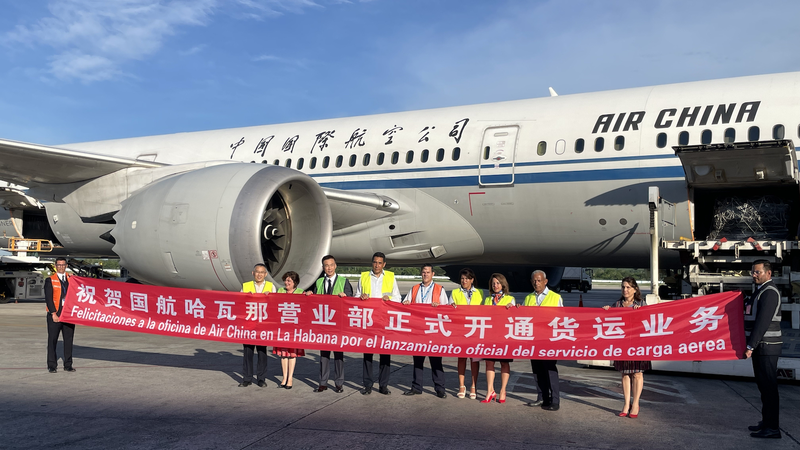On June 25, the Chinese mainland and Cuba launched their first regularly scheduled cargo air link, marking a milestone in bilateral trade and connectivity. This new freight corridor – connecting Shanghai and Havana – promises to speed up deliveries and open fresh opportunities for businesses and consumers.
The inaugural flight arrived at Jose Marti International Airport, where Cuba's Transport Minister Eduardo Rodriguez Davila, Deputy Minister of Foreign Trade and Foreign Investment Debora Rivas, Chinese Ambassador to Cuba Hua Xin, and airline representatives celebrated the event. The air link is set to cut shipping times from weeks to days, transforming supply chains for electronics, pharmaceuticals, and perishable goods.
Trade between the Chinese mainland and Cuba saw double-digit growth last year, driven by agricultural and medical exports. Experts predict the new route could handle several thousand tonnes of high-value cargo annually, supporting startups, tech firms, and export-driven industries on both sides.
Business leaders view the corridor as a game-changer for small exporters. Havana entrepreneur Ana Martinez can now ship specialty coffee beans and handcrafted goods directly to major Chinese markets in record time, opening doors to new customers.
For sustainability advocates, modern cargo aircraft on this link burn up to 15 percent less fuel per tonne-kilometer than older models. As the aviation sector embraces greener practices, this corridor could set new standards for eco-friendly air freight.
Looking ahead, logistics planners are exploring additional routes to cities like Guangzhou and Varadero. With this air bridge, the Chinese mainland and Cuba are not just flying cargo – they're strengthening ties in commerce, innovation, and cultural exchange for a globally connected generation.
Reference(s):
cgtn.com




